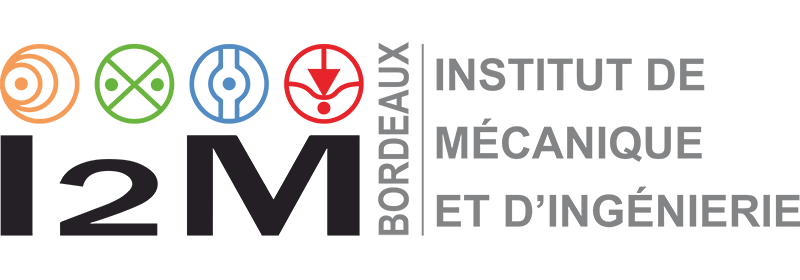Predicting compressed earth blocks compressive strength by means of machine learning models
Résumé
Compressed Earth Blocks (CEB) are an interesting alternative to conventional masonry units. They are unfired and provide a thermal comfort in the constructions. However, their compressive strength needs to be assessed to ensure a mechanical stability. The latter depends on the soil variability, as well as several manufacturing parameters such as water content, compaction pressure, stabilizer type and proportion. This is challenging as it requires time and effort to adapt the parameters to achieve satisfactory results. In this study, machine learning classification models were trained using historical data for predicting CEB compressive strength. Voting Classifier (VC) provided the highest performance with an accuracy of 78 %. SHapley Additive exPlanations (SHAP) were used to identify and prioritize the features in the model's decision-making process. The compaction pressure and soil granularity were the most decisive parameters. VC was also tested to assess the compressive strength of sediment-based CEB manufactured at the laboratory scale.





